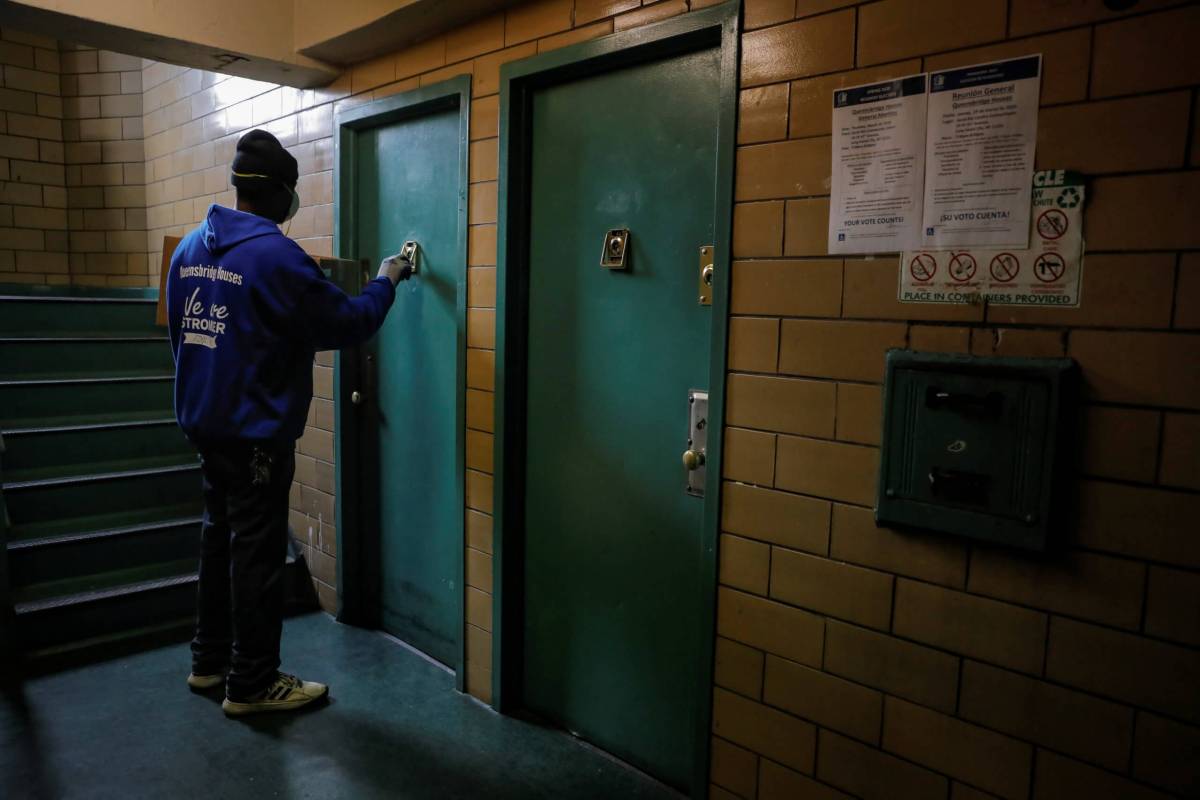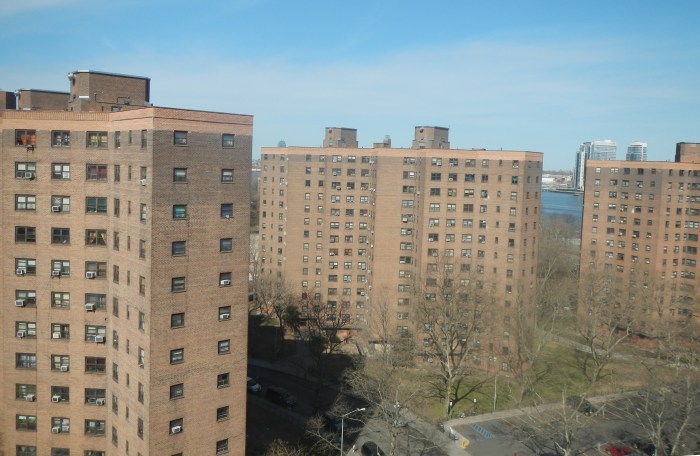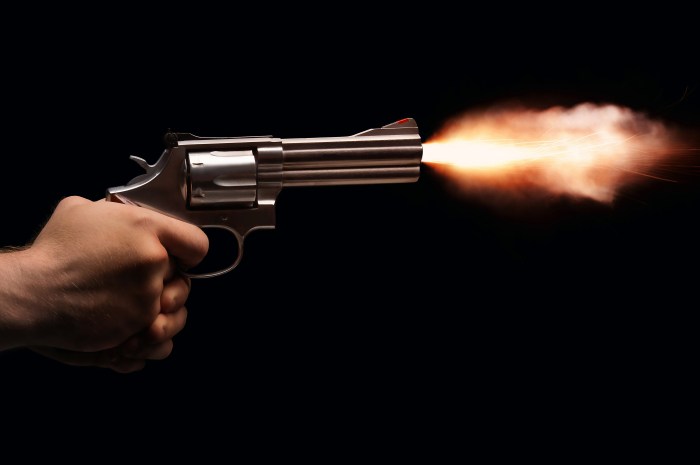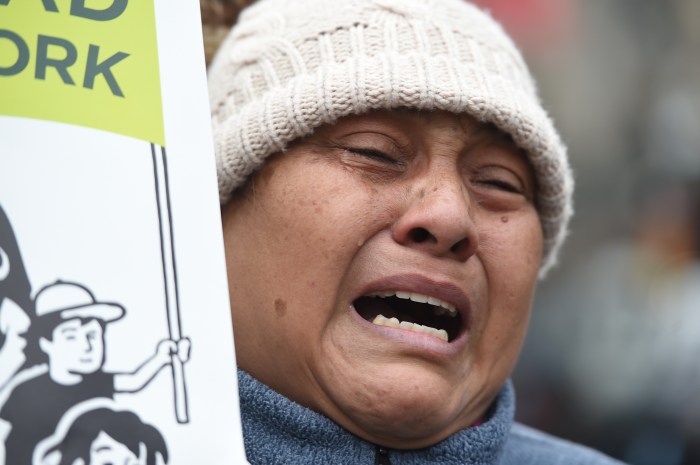As head of the NYC Council’s Committee on Public Housing, Councilmember Alicka Ampry-Samuel questioned NYCHA reps on Tuesday ahead of the cold winter months on their level of preparedness for heater outages.
“I cannot count how many times I’ve received calls from residents, requesting hot plates and asking that million dollar question. ‘How long will my gas be out?’ To which I never have an answer,” Ampry-Samuel said.
Ampry-Samuel will most likely be tapped by President Joe Biden as the next HUD Regional Director, where she would have greater oversight over New York’s public housing network than she already does. But oversight over the lengthy process of replacing broken boilers and answering thousands of complaints is more difficult than it looks.
NYCHA maintenance representatives introduced data that shows outages have decreased significantly over the past three years. From 2018-2019, there were 1,224 heat outages, but last heat season there were only 584.
“We brought down the average time to restore total outages by nearly 20%, from 8.8 hours to 7.3 hours, below the 12 hour restoration target. We want to keep bringing these numbers down even more,” said NYCHA Chief Operating Officer Vito Mustaciuolo said at the hearing.
Since then, Mustaciuolo said, they’ve started a planned outages program in the offseason where they turn off the heat in order to do more maintenance work. They’ve also been using automatic calls to check in with residents to see if they’re still experiencing an outage. “In addition, we are investing $28 million in city operating funding to replace approximately 400 heating equipment components, such as hot water boiler replacements, heat control panels and tanks,” Mustaciuolo said.
NYCHA has replaced 64 boilers so far and say they are on track to replace 297 by 2026.
It’s unclear what will happen in the meantime besides rapid repairs and responding to residents with outages as soon as they can. When heating outages happen, it’s likely that families will have to rely on small space heaters, or try to find somewhere else to stay. And extra food and water, blankets and more may not be resources that every family can stock up on to prepare for a very cold winter.
The Old Farmer’s Almanac, which predicts long range weather forecasts based on solar science, says that we’ll be facing a very cold winter in 2021. The editor of the Almanac said it could be one of the longest and coldest winters we’ve seen in years.
The hearing with Amrpy-Samuel revealed just how large-scale this problem is that NYCHA residents are facing, without reps acknowledging the severity of each individual case. Residents will likely be without heat as long as it isn’t 2026 yet.



































